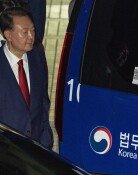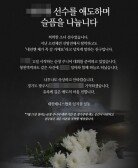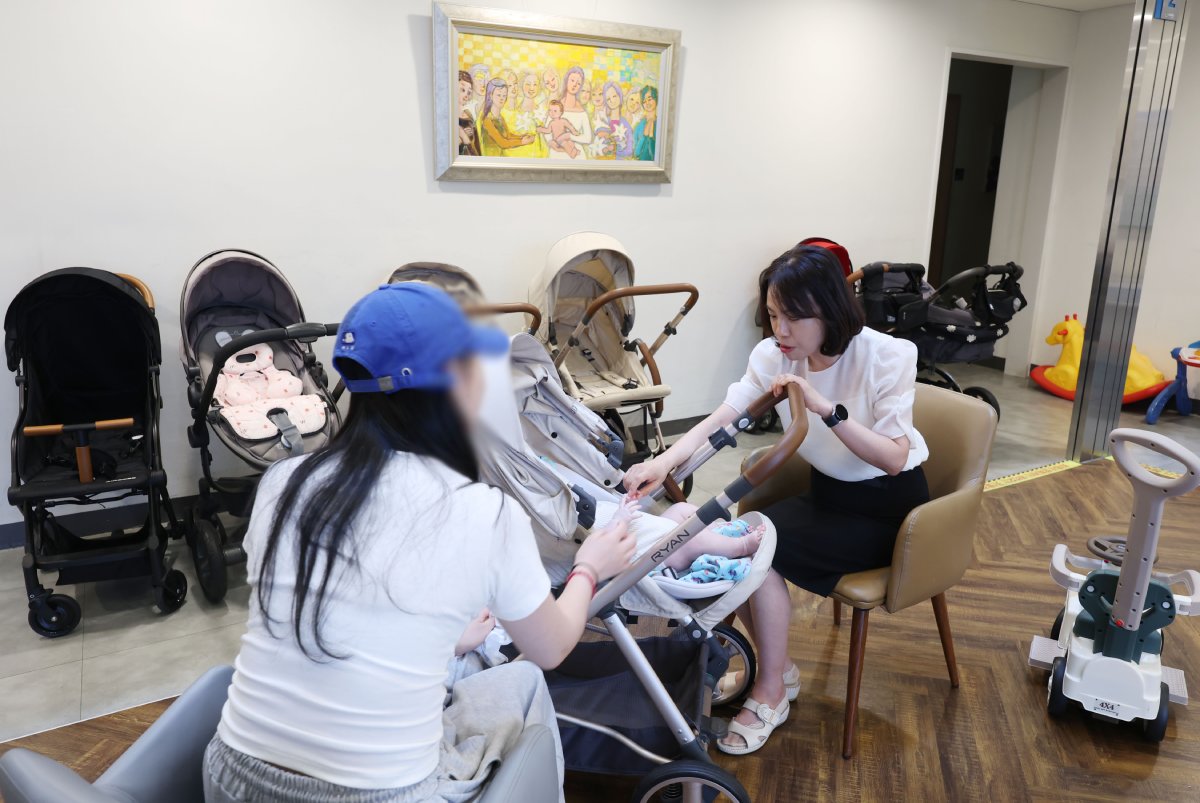Korea Set to Send More Troops to Iraq by Early Next Year
Korea Set to Send More Troops to Iraq by Early Next Year
Posted December. 17, 2003 22:30,
In a ministerial national security meeting chaired by President Roh Moo-hyun on December 17, the South Korean government finalized a decision to deploy a 3,000-strong military contingent of combat and non-combat personnel to a region of Iraq, where they will maintain public security and support reconstruction efforts.
The contingent, led by a two-star army general, will include a division command that will control reconstruction, civilian affairs and security units, plus a separate unit that will be under direct control of the commander, national security adviser Ra Jong-il said at a press briefing after the meeting. If Seohee and Jema, the two contingents already working in Iraq, are incorporated into the new command, the number of South Korean troops in Iraq will be about 3,700.
The government wants to send the contingent to Kirkuk, Tal Afar or Karaya in northern Iraq or Nasiriya in the south, with Kirkuk as the most likely region.
The contingent includes a 1,400-strong special warfare brigade, a mixed crew of 1,400 medical and engineering personnel responsible for civil affairs and reconstruction projects and a command, plus its own 200-strong independent unit.
The government will endorse the deployment plan at a cabinet meeting on December 23 and make a formal request for approval to the National Assembly, which will likely approve the plan by year-end. It is likely that an advance unit will be sent to Iraq by March of next year and that the main unit will be stationed by late April.
In principle, Iraqi soldiers and police officers will be held responsible for public safety, and we are there to support them, said Ra. Security details for the contingent will consist of special warfare soldiers who have extensive experience in overseas operations and have trained in civil operations.
The division command in Iraq will be run under the concept of a joint staff command formed by members of the army, navy and air force, Defense Minister Cho Young-kil said in a press conference. Considering the limitations it will face in supporting reconstruction efforts in too broad a region, the military plans to bring civilian experts into the command after the dispatch of the new contingent to let them participate in humanitarian aid.
The military wants the contingent to form a chain of command independent of other foreign contingents because of its concerns about the interruption the language barrier may cause in the command hierarchy, Cho said. However, we cannot exclude the possibility of a U.S. request for the attachment of a foreign unit to the Korean contingent.
In related development, a seven-member joint delegation of the Defense Ministry and the Joint Staff, led by Joint Staff Operations Commander Kim Jang-soo, left for the U.S., where they will discuss and fine-tune details with their U.S. counterparts in the next 17 days about the region where the Korean contingent will be stationed and the missions it will carry out.
Jeong-Hun Kim Sang-Ho Yun jnghn@donga.com ysh1005@donga.com



![[단독]김영훈 후보자, 과태료-세금 체납으로 12차례 차량 압류](https://dimg.donga.com/c/138/175/90/1/wps/NEWS/IMAGE/2025/07/10/131975137.1.jpg)



